WASHINGTON — Politics without buzzwords is like sports without clichés, math without numbers or Blago without bleeps. Tough to imagine, in other words, especially in such a game-changer of a campaign year in which buzzwords were flying like shoes.
Buzzwords are what political wiseguys use to sound all important and knowing in a profession whose prime currency is the illusion of being both. They are like secret passwords for the chattering class, the verbal equivalent of a terrorist fist jab.
Picking out political buzzwords from 2008 is like shooting moose in a pigpen. The fundamentals were so dizzyingly strong, it could be tough to keep them all straight. Before you knew it “The One” had become “That One” and the “team of mavericks” were going rogue on each other. You mixed up Client 9 and Candidate 5 at the holiday party and tried to change the subject.
The lifespan of Hillary Clinton’s campaign “meta-narrative” could be charted entirely in buzzwords and catch-phrases — “inevitability” to “Clinton fatigue” to “Obamamania” to “he can’t win” to “team of rivals.”
Same with Sarah Palin — the “hockey mom” who “Geritoled” (or Viagra’d) John McCain’s campaign back to life and threatened to supplant Mrs. Clinton as the new face of American “femocracy.” That is, until she started palling around with Katie Couric and her Joe Six-Pack bona fides got lost in the aisles of Nordstrom and a string of off-message headlines. Ms. Palin was ultimately dubbed a “whack job” by a (rogue) McCainiac, and many have dismissed her efforts at image rehab as akin to putting lipstick on something or other, we forgot.
If political buzzwords in 2008 had a temperament, they would be erratic.
But enough already. We’re suspending this story to return to Washington immediately. We’re appointing ourselves “buzzword czars,” bent on putting “strict limits” on their use and proliferation. Politicians discussing the economic crisis will be forbidden from deploying that horribly overbaked “Wall Street vs. Main Street” construction. No more transparency or openness or straight talk or TARP money or kitchen sinks or post-racial or post-partisan nonsense will be “driving the conversation” in our “post-buzzword” America, either.
We’re “fired up and ready to go,” but consider this a linguistic 3 a.m. wake-up call. If Obama can quit smoking, we can quit buzzwords for at least a day.
Or a paragraph. (Cue video of cold sweat gushing down forehead.) Game on. No buzzwords, no buzzwords, no buzzwords. Can we really keep this up for a whole paragraph? Yes we can!
Oops, guess not.
And can we get through an entire story about political buzzwords in 2008 without mentioning the single most pervasive concept, placard message and rally cry of all? Can we go without mentioning that certain verb/noun that begins with “c” and ends with “e” and was demanded wherever Obamamania raged and T-shirts were sold? Can we do it? Yes we did.
A closing argument, my friends: This “change election” (oops, no we can’t) was in fact a great election — great for ratings and great for drama, even if the No Drama candidate ultimately prevailed (then hired “Drama Manuel” to be his chief of staff).
Elections have consequences. And lots of buzzwords. — Mark Leibovich
Grant Barrett is a lexicographer specializing in slang and new words. He is a co-host of the public radio program “A Way With Words” and head of the New Words Committee of the American Dialect Society. Here are some of the words he tracked this year.

Largely used online, this is a verb turned into a mass noun, as in “A bucket of fail.” Common forms include epic fail, meaning a huge overall tendency toward failure or a great example of failure, and FAIL! as an interjection or derogation. Often an antonym of win, seen online in forms like “Full of win!” which means, “It’s good!”

A penalty or salary cut suffered by a business executive whose company suffers market setbacks or failures. The opposite of a bonus. Actuaries used the term as early as the 1960s.

Not so much a buzzword as political wallpaper, background noise and ambient energy rolled into one. The idea of discarding old ideas and methods seemed to underlie everything said by national political candidates.
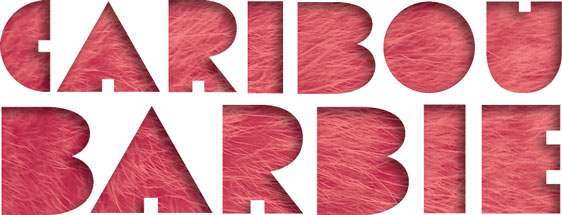
A nickname for the former vice-presidential candidate Gov. Sarah Palin of Alaska.

President-elect Barack Obama’s name continues to provoke an avalanche of one-offs and nonce terms, some of dubious utility and few of great lifespan. Variations on “Obamination” and “Obamanation” are common, with the first term largely being used in a negative sense and the second in a positive one. More were catalogued by the online magazine Slate, which created an application for Facebook and published a book of the terms called “Obamamania! The English Language, Barackafied.” A sample of other forms include Bamelot, Baraccoli, Baracked, Barackintosh, Baracklamation, Barackstar, Barackupied, Barackwurst, Nobama, Obamacam, Obamacize, Obamafy, Obamalicious, Obamalujah, Obamamatopoeia, Obamamentum, Obamanos, Obamaphoria, Obamarama, Obamascope, Obamatopia, Obamatose, Obamazon.

A person who is frugal but fashionable.

A vacation from work or school that does not involve traveling.
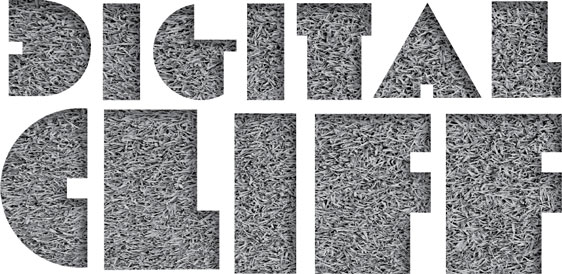
The sharp degradation of a digital broadcast signal beyond a certain distance. This cliff could be encountered when analog signals cease broadcasting on Feb. 18, 2009. Households that received analog signals just fine may find that the digital signal doesn’t work.

A term coined by Jack Black for the movie “Kung Fu Panda” and popularized by the movie’s promoters. It appears during a crucial scene in the movie and accompanies a gesture.

Excellent in the fashion of the swimmer Michael Phelps, who won eight medals and set seven world records at the 2008 Summer Olympics.

The opposite of gas-guzzler. Though more than 30 years old, the term took on new significance as gasoline prices rose to record highs.

An everyman. Seen in this election in Amtrak Joe, Joe the Plumber, Joe the Biden and Joe Six-Pack, among others.

A nickname for Beijing, whose skies are some of the most polluted in the world.

A cosmetic procedure in which fish eat the dead skin off the feet.

A woman who shares a husband with another woman. Used by members of the Fundamentalist Church of Jesus Christ of Latter Day Saints in Texas and other polygamous groups.
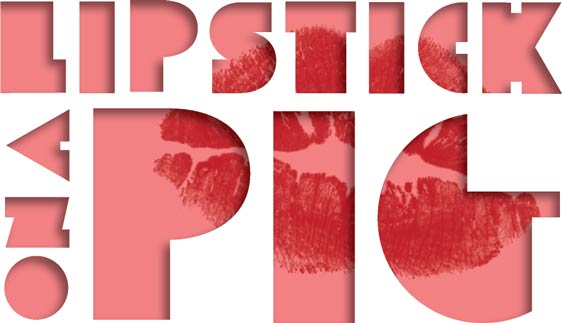
An adornment of something that can’t be made pretty. When Barack Obama said, “You can put lipstick on a pig, but it’s still a pig,” many people assumed he meant Sarah Palin, who has said that the only difference between a hockey mom and a pit bull is lipstick.

Intentionally inserting oneself as an unwelcome subject in the background of someone else’s photograph.

Driving while texting, the distracting practice of sending text messages while operating an automobile.

The falsification of records to show that an athlete meets participation requirements for a sporting event. This issue arose with Chinese gymnasts in the Summer Olympics in Beijing.

Obsession with staying thin by a pregnant woman.

A sticky or magnetic battery-powered LED used in bunches as a form of graffiti.
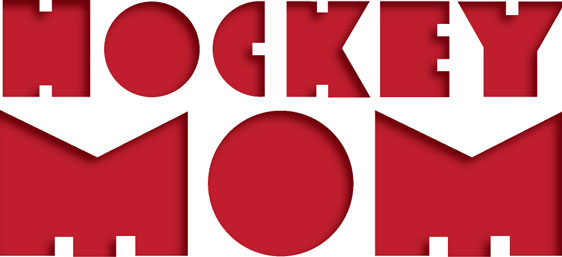
A mother who spends a great deal of time and money aggressively abetting her children’s interest in the sport of hockey. Sarah Palin described herself as one. Borrowed later as a marketing term akin to soccer mom to mean a middle-class suburban mother from states where hockey is a common pastime.

Tw-, tweet-, twitt-. Combining forms all inspired by Twitter, what might be called a free nano-blogging service. It helps small groups share what they’re thinking or doing in just 140 characters per message, or tweet, as such a message is called. The service has generated new words and related Web sites. Tweet-up, for example, is either a meeting of people organized through Twitter, or the Web site that helps bring about the meetings.

A new term designated by the International Astronomical Union to refer to Pluto and space objects like it, which are something less than planets.

Pronounced FEW-tark-ee. A theoretical government controlled in part by speculative markets. Coined by Robin D. Hanson of George Mason University.

A person who is beholden to no one. Widely used by the Republican presidential and vice-presidential candidates, John McCain and Sarah Palin. Also in the adjectival form mavericky, used by Tina Fey portraying Governor Palin on “ Saturday Night Live.”
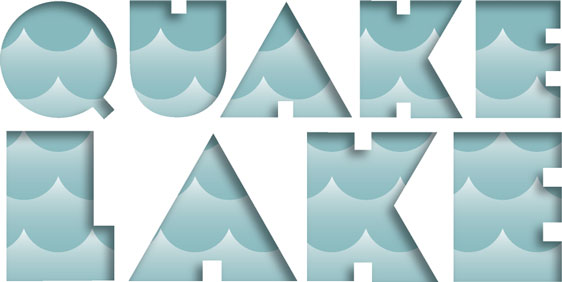
A new lake formed by May’s major earthquake in China.

Originally, someone who favored a recession as ultimately good for the economy. Now, a person who stays fashionable during an economic downturn without spending a lot of money.

An initialism for “too big to fail,” used to describe very large financial institutions that many believe should be protected from financial collapse.

To say that someone is in the tank for someone else is to suggest that support comes as a result of backroom deals or political logrolling.

A fan of Stephenie Meyer’s “Twilight” book series about vampires. Rhymes with “die-hard.”

The risky practice of shorting stock that someone else owns without getting the right to sell it first.
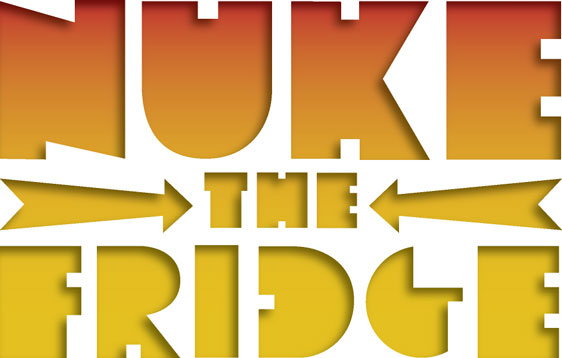
To ruin a movie franchise; usually attributed to the arrogance of a successful producer or director. The term was coined based on a scene in the latest Indiana Jones movie, in which the hero survives a nuclear blast by hiding in a refrigerator. The term is patterned after jump the shark, coined a few years ago to refer to anything that had peaked in popularity or quality and was now on a downward slide toward ridiculousness and irrelevancy.

A style of hands-on self-education that benefits the student without concern for curriculums or the interests of schools, corporations or governments. In other words, an autodidactic approach that spurns commercialism, mass-market approaches and top-down goal-setting. Coined by Jim Groom, an “instructional technologist” at the University of Mary Washington in Fredericksburg, Va.

A growing economy in which prices fall.

A video of 90 seconds or less. Used by the photo-sharing Web site Flickr, which began permitting videos this year.

When political appointees find their party out of power, they often seek to stay on the government payroll by taking a different but similar job as a civil servant, burrowing in like a hibernating animal until their party should take up the reins again.
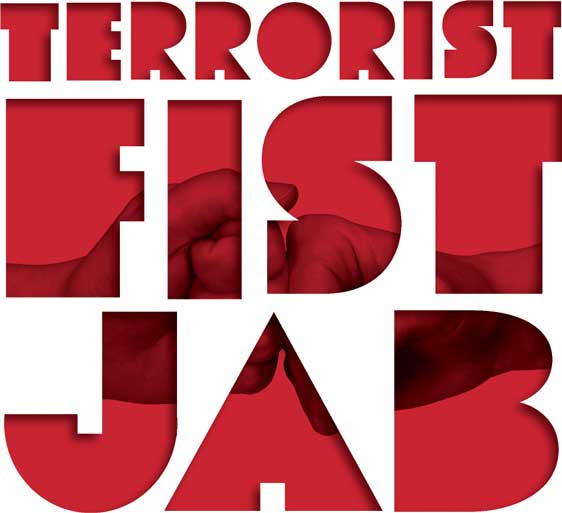
A knuckle-to-knuckle fist bump, or “dap,” traditionally performed between two black people as a sign of friendship, celebration or agreement. It was called the “terrorist fist jab” by the newscaster E. D. Hill, formerly of Fox News. The name was taken up by opponents of Barack Obama, who is prone to do the bump with members of his family. He and his wife, Michelle, were featured making the gesture in a cartoon on the cover of The New Yorker in July. The expression is now used ironically across the political spectrum.
